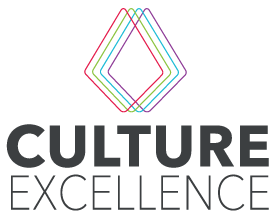There is a lot that companies can learn from each other when it comes to their journey of culture excellence and we believe that an open and inclusive dialogue is a great approach, where we can all learn and improve together. It’s the primary reason why we love sharing success stories of our clients.
Over the past year, we have been working with Westmill, a subsidiary of Associated British Foods plc. Westmill is a well-known brand with a large product range that includes high quality rice, spices, sauces, edible oils, flour and noodles.
The main reason why Westmill decided to participate in the Culture Excellence Assessment was to gain a deeper insight into staff opinion, attitude and behaviour in relation to safety and quality, and to assist in identifying the most important targets for resource allocation.
We always talk about the unseen culture and how important it is – a message that Westmill’s Head of Technical Pamela Raines was fully on board with from the start. Knowing whether employees understand the importance of compliance, the consequences of getting it wrong and what’s really empowering the Westmill people were just some of the key driving questions for her.
Unsurprisingly, before even beginning their journey, Westmill already recognised the importance of cultural links between food safety, quality and health & safety. The foundation for it is a company wide set of values, where the common talking points are ensuring that the company keeps people safe, that it complies with all legislative requirements and maintains their strong reputation and systems. But most importantly, that it is Westmill’s moral duty to have the highest standards of food safety, quality and health and safety.
With this in mind, Westmill started their Culture Excellence Assessment in February 2017. To assure its success, the company involved all the key players in their organisation, including the board, to convey the message and its importance. Westmill published articles in their newsletters, placed posters around the sites and had cards with explanations on what the assessment was and why it was imperative. Not to mention the dedicated site briefing times, where the employees had an opportunity to come and ask any questions related to the process. These impressive efforts clearly paid off, as the company achieved a very high participation rate of 92% across all sites, and it was also mirrored in their results where they did particularly well in the Empowerment and Values dimensions.
In order to learn and improve from their results, Westmill believed that the best way was to build a comprehensive communication plan around these topics – as Pamela says: “You have to continue to communicate to keep that momentum going!”. The company implemented several changes and strategies after the assessment, including dedicated workshops and a clear set of cultural KPIs, and they are hoping to improve their scores when they repeat the assessment this year. We certainly are very excited to see the results of their labour and dedication!

